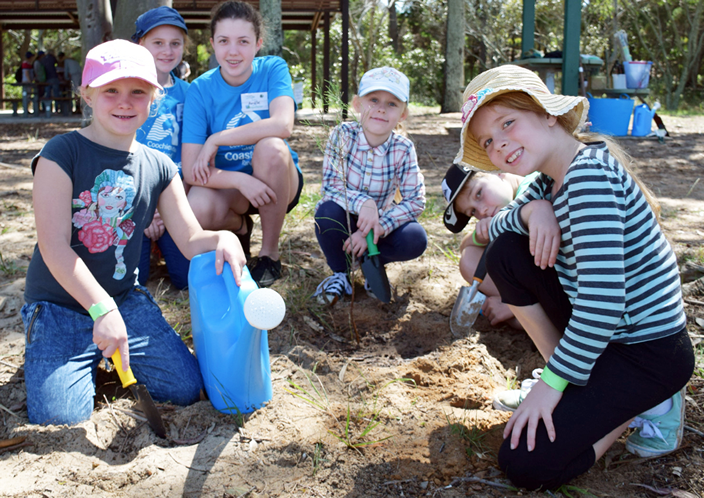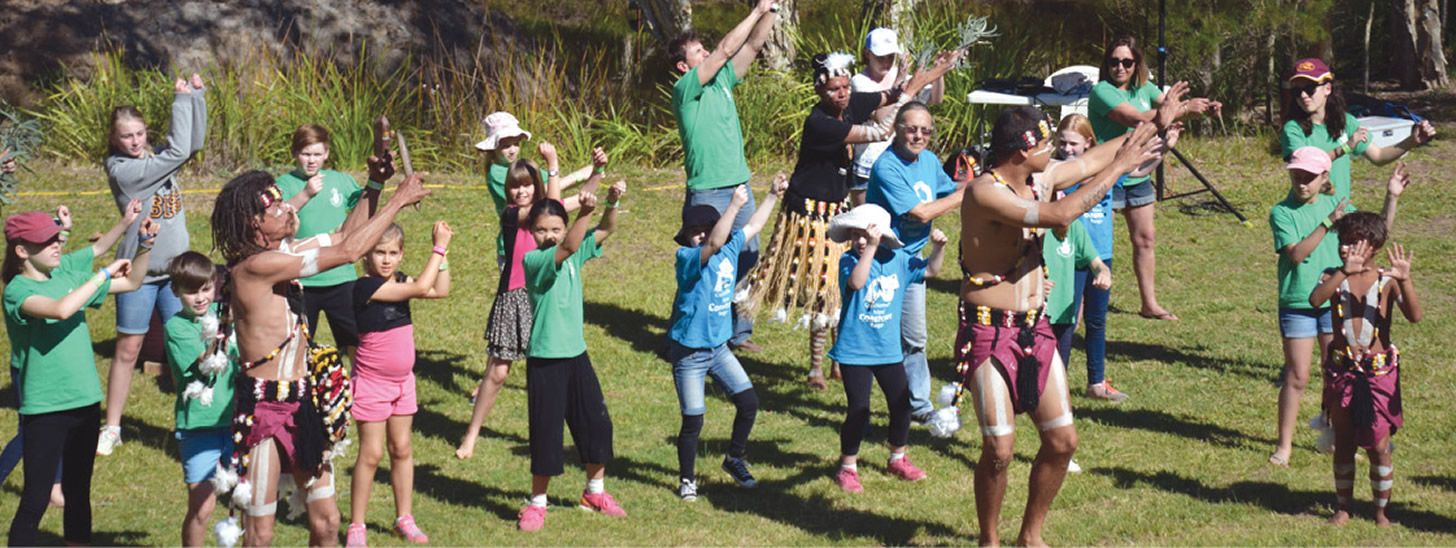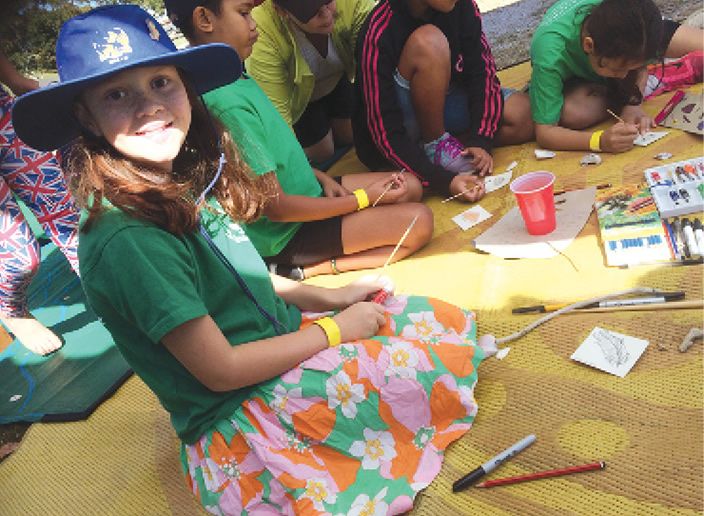
A new early childhood program in Queensland is giving children a chance to make a difference in local conservation, helping to empower a generation and make real change for the future. Journalist Fiona Stutz looks at the educational benefits of teaching kindergarten aged children about the environment.
Tangalooma EcoMarines is a Brisbane based not for profit organisation that takes local action to clean up the waterways and to protect and preserve marine life and wildlife through a range of activities and initiatives. This conservation movement to save the marine life of Moreton Bay also helps communities fight pollution and learn about changes they can make in their everyday lives.
However, environmental preservation and action is not just restricted to adults. The organisation has developed the Tangalooma EcoMarines Early Childhood Program to help younger people become pint sized environmental superheroes.
The new program can be run in any early childhood centre or facilities, such as kindergartens and day care centres, and is free to join and participate.
Starting young
Tangalooma EcoMarines Director Penny Limbach said the number one aim of the early childhood program was to educate younger children on the importance of looking after our local marine wildlife.
“It is so important to educate children from a young age. If they are encouraged to learn about our local environment and learn how to protect it, it will make a difference in years to come. And after all, they are the future custodians of this land,” Penny said.
She said she was concerned that environment conservation did not factor into people’s lives as much as it used to.
“I think that somehow it’s skipped a generation, caring about litter, and I guess science is really proving how marine debris is having an effect on our wildlife.
“It is easy to make small changes that can have a big difference. Everyone can make a few small changes in their lives, which will result in a better environmental footprint.”




































































































































